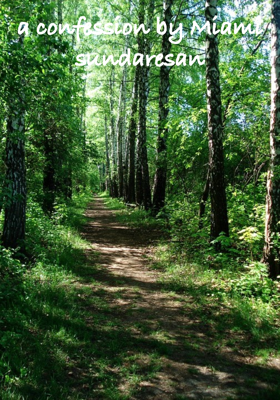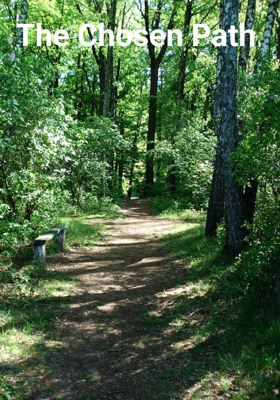The Traffic Trap...
The Traffic Trap...


Rajesh wasn’t in any particular hurry that evening. His workday had ended calmly, with no pressing deadlines or calls waiting at home. Yet, as he sat in his car, inching forward at a pace that seemed more suited for a snail than a sedan, he felt a prickling unease rising inside him. A sea of red taillights stretched in front of him, each car locked in the same frustrating standoff with the clogged road.
“This is ridiculous,” he muttered, tapping the steering wheel in frustration.
The seconds stretched into minutes, the minutes into almost an hour, and still the cars barely moved. His mind raced, his heartbeat quickened, and Rajesh’s hands gripped the wheel tighter with each stalled second. He began glancing left and right, half-expecting an emergency exit to open out of thin air. He couldn’t shake the feeling of being trapped. “But why?” he wondered aloud. There was no meeting to miss, no reservation he’d lose. His house would be there whether he arrived now or two hours later.
But the feeling gnawed at him, a strange, instinctual panic he couldn’t understand. It was as if his brain was tugging at him, a voice buried deep within his head whispering that something was wrong, that he shouldn’t just sit still and wait for who knew how long.
Suddenly, Rajesh’s mind drifted back to a story his grandfather used to tell about hunting trips. In his younger days, his grandfather had gone on a trip deep into the forest with a group of villagers. There, surrounded by dense trees and wild animals, staying vigilant and maintaining control was essential. If a storm came or wild animals approached, they had to move quickly, find safety, adapt to survive. Delays could be dangerous, even deadly.
Now, looking at the wall of cars and honking horns, Rajesh realized that the same urge — the need for movement, for control — was still alive within him. It didn’t matter that he was now in a metal box, surrounded by hundreds of people facing no immediate threats. His brain, evolved to handle the perils of jungles and plains, couldn’t shake the discomfort of being unable to freely move. Just as his grandfather’s survival instincts had kept him alert in the wild, those instincts now triggered his anxiety here, in a place and time where the threat was imaginary, but the feeling of entrapment was very real.
Finally, after an eternity of waiting, the traffic began to ease, and Rajesh’s car picked up speed. He exhaled slowly, feeling the tightness in his chest unwind with each passing kilometer. He knew there was no real danger, no predator lurking in the city streets. Yet, in the silence of his car, he couldn’t help but wonder if that instinctive restlessness — this evolutionary residue from another era — might never fully leave him.
And maybe, he thought, it didn’t need to. After all, it was a reminder of all those generations before him who
had needed it to survive.




























































